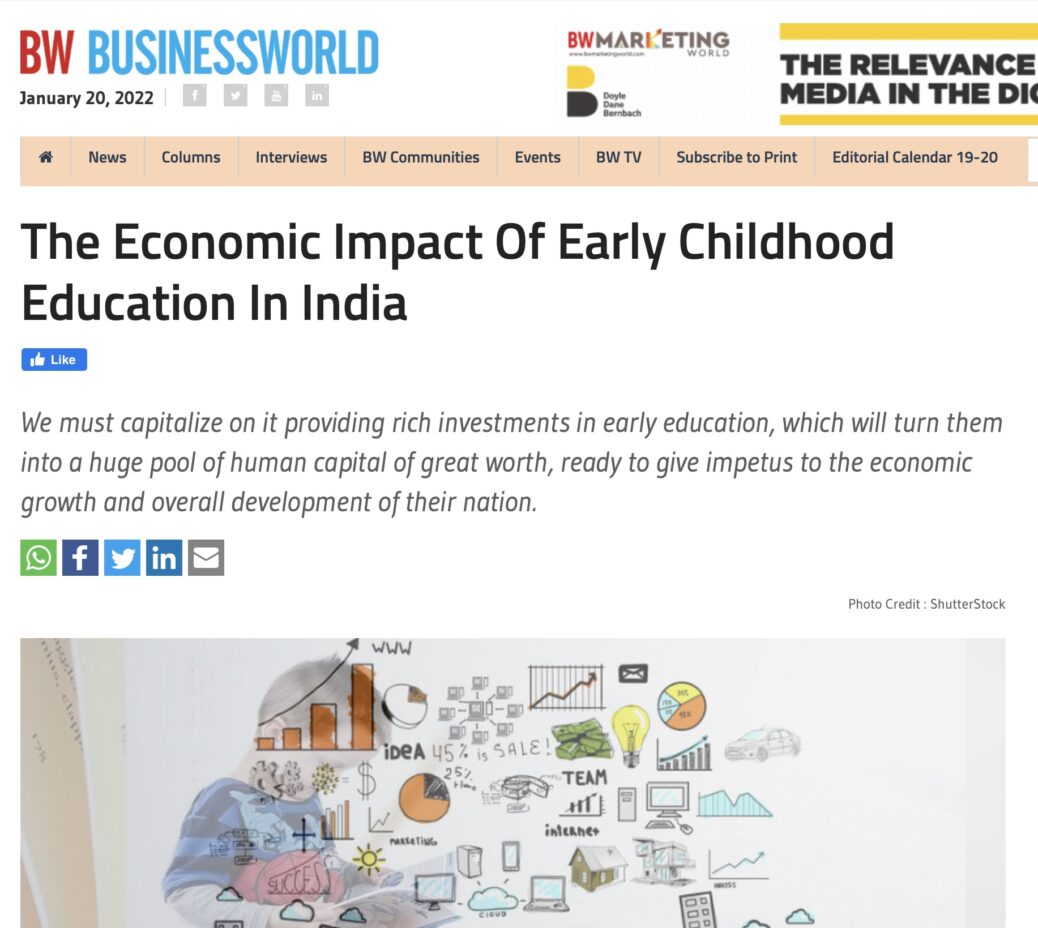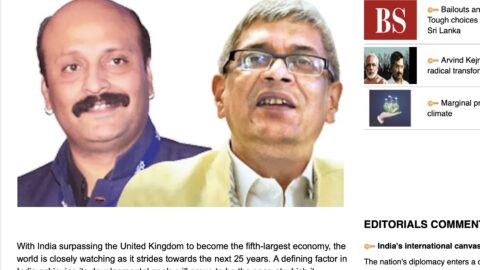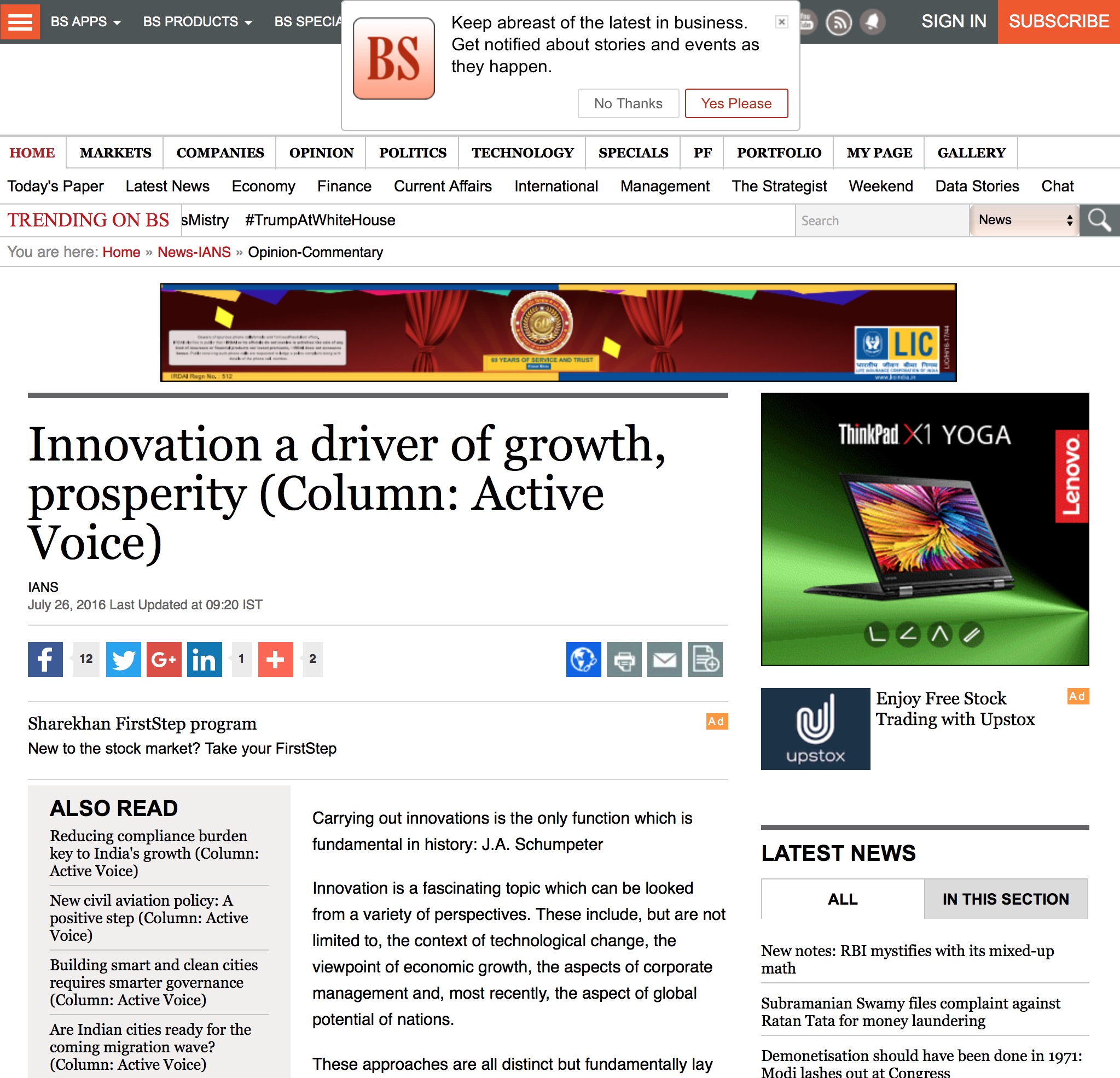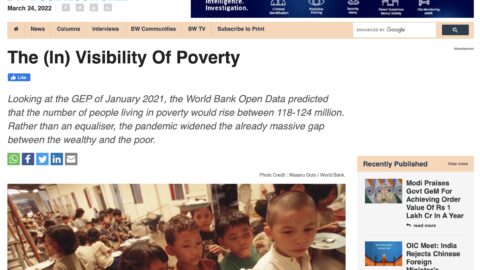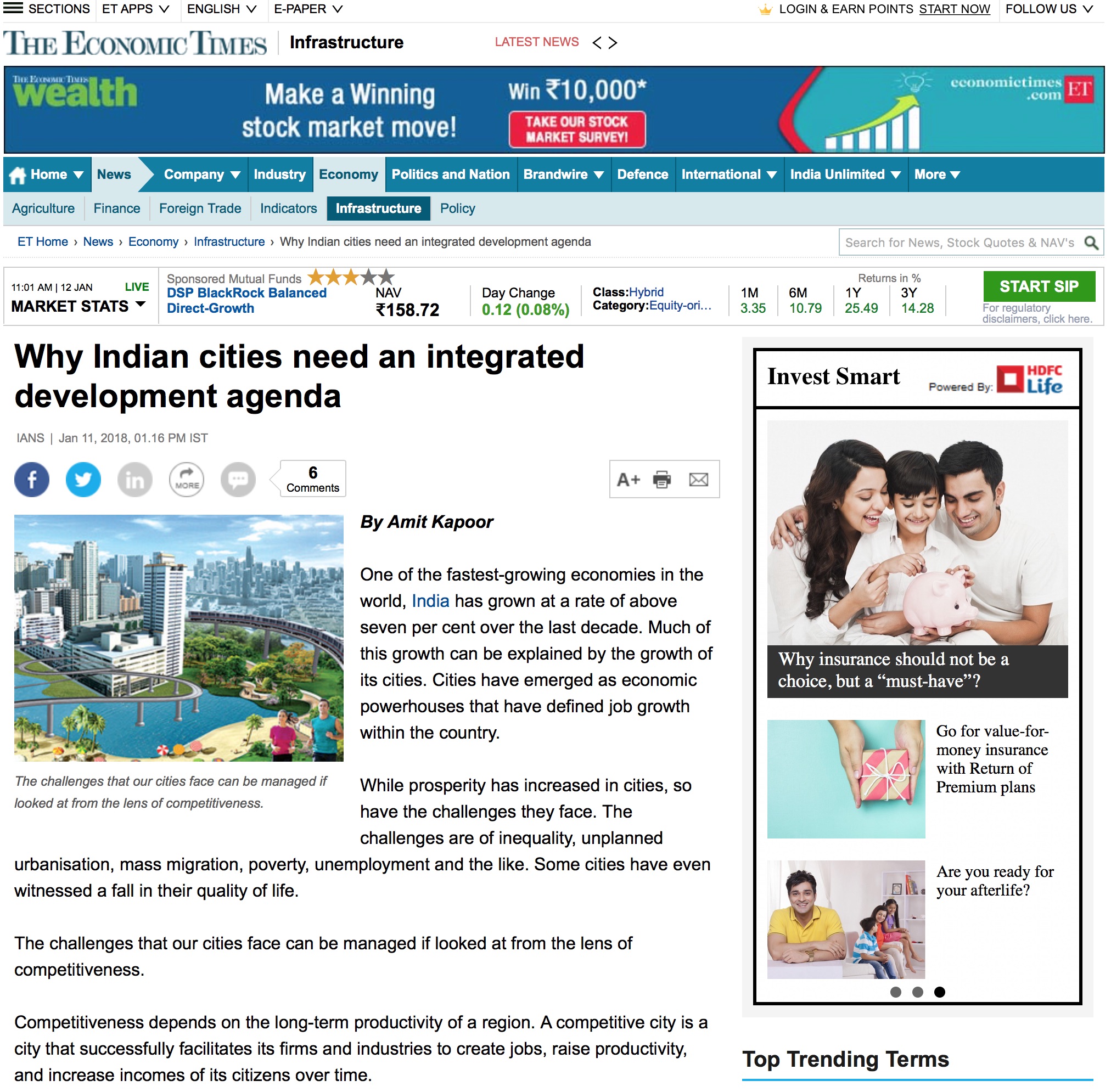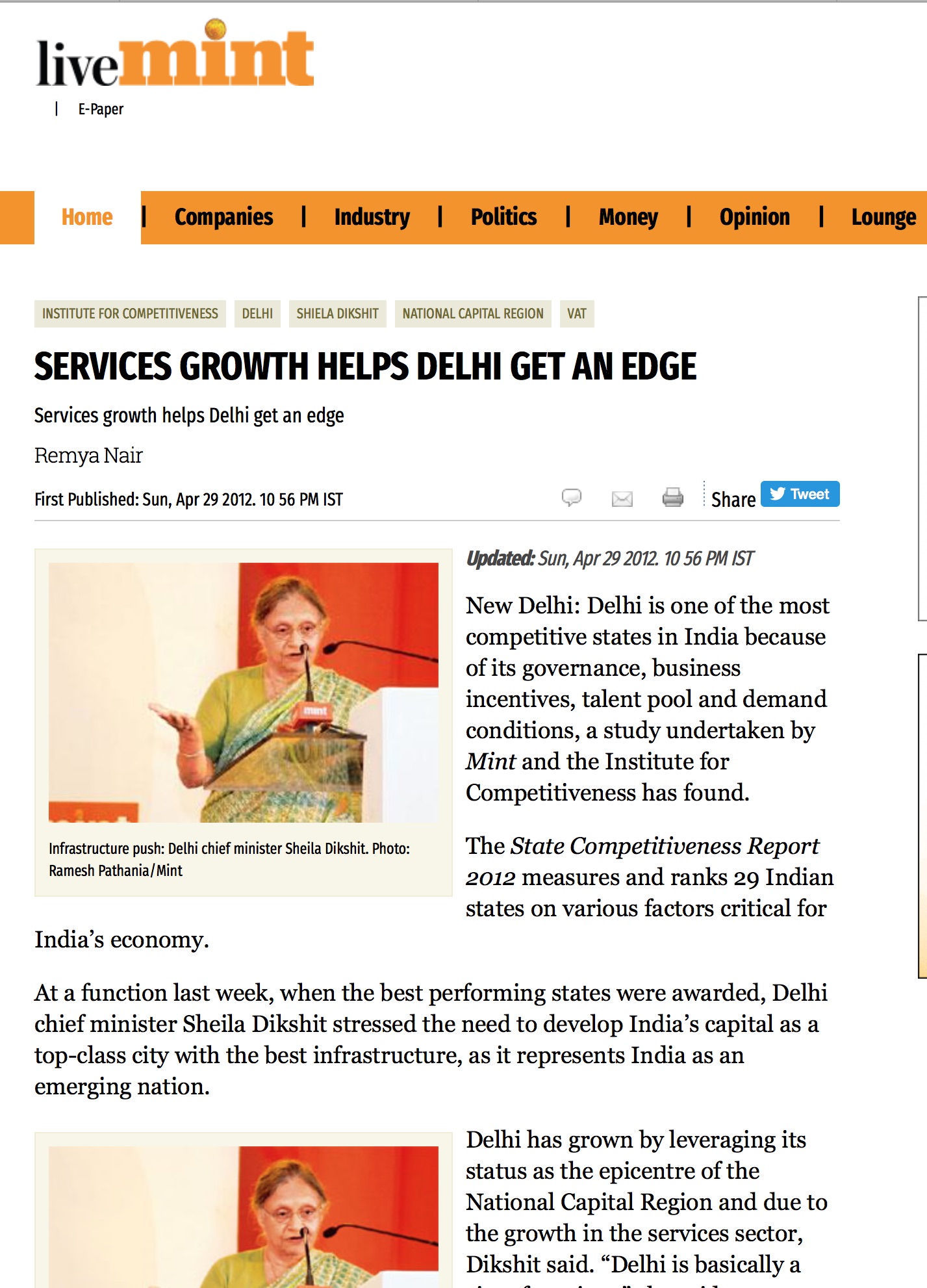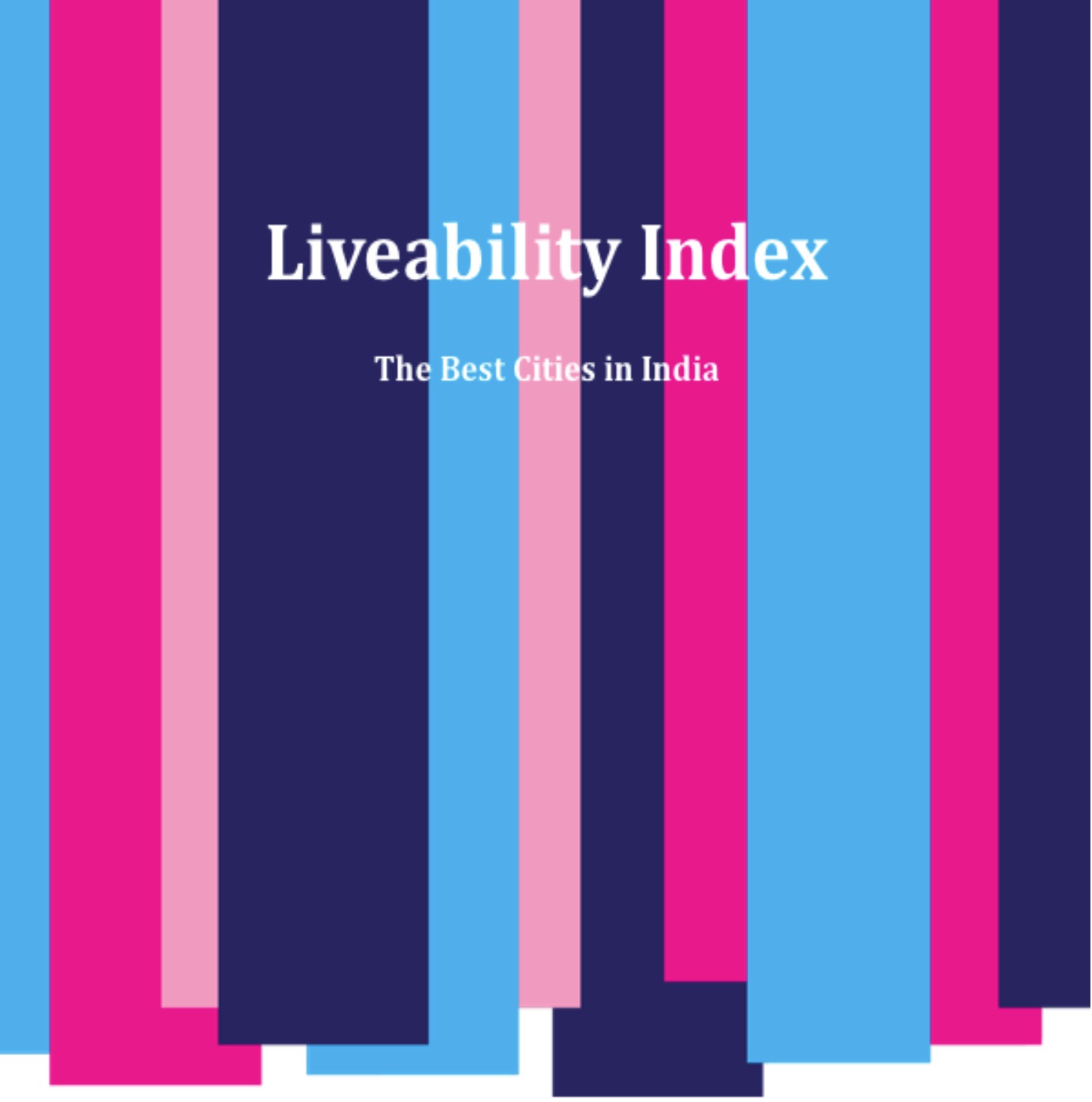We must capitalize on it providing rich investments in early education, which will turn them into a huge pool of human capital of great worth, ready to give impetus to the economic growth and overall development of their nation.
Education is a primary engine to drive the economic growth and overall development of the nation, and within the ambit of education, early quality schooling has a substantial and everlasting impact on the whole-sum development of a child. A strong foundation will certainly transform a child into a productive and empowered citizen of the nation adding value to the Human Capital. The National Education Policy (NEP) 2020 goal has given access to quality early education to all and has become the beacon for the education system in India.
As education is so significant for socio-economic progress for the nations and the societies, it alleviates poverty, improves health, promotes gender equality, peace and stability. It becomes all the more important to lay more than an adequate emphasis on improving and investing in the education system.
As we delve into the statistics to examine the interplay of early education and economic impact, it is seen that an investment in adolescent development through one year of elementary education will result in the rise of the income potential of the individual by 7.02%, that is, Rs.7696/-. Add to this, another seven years of additional education up to standard XII, which will impact rise in the income of the individual to 11565/-. A raise of Rs. 4372/- to the monthly income because of continuous education up to standard XII will amount to overall raise of Rs. 52470/- yearly. The eight years of sustained education from grade V to XII to a child will not only be beneficial for the overall growth of the child but also impact in enhancing the economic value of his / her education. The Foundational Literacy and Numeracy Report of Institute of Competitiveness indicates that early education is crucial and important as it paves way for future income possibility. This income gain is driven from the period of early education period that is from grade 5th. The early years (3 to 18 years) are the most extraordinary period of growth and development in a child’s lifetime. Research shows that good quality of early learning and early childhood development (ECD) programmes help to reduce the chances of drop out, repetition and improve outcomes at all levels of education.
Early childhood economic investment will have a substantial impact on the economic growth of the country too. According to the calculation of Net Present Value (NPV) which is the present value of the cash flows at the required rate of return of the project compared to the initial investment when an investment per child of INR 15,696 is made in Foundational Literacy and Numeracy (FLN), it leads to a benefit of INR 598537/- to that individual over a period of 20 years.
Economic Investment in Foundational Learning can have a sizeable impact on the economic growth of the country. Investment in each child in Foundational Literacy and Numeracy (FLN) will lead to a gain in overall GDP between 4 Trillion and 12 Trillion U.S. dollars towards India’s GDP over the period of the next 20 years. On the flip side, it also shows that if a child misses on undergoing Foundational Literacy and Numeracy education, the evaluated gain of INR 598537/- will not fructify and be lost. Therefore, it becomes pertinent to invest in early education for the development of an individual, to ensure returns in Human Capital of value and for reaping the economic dividends.
The increase in income and completion of secondary education is hinging upon the comprehensive infrastructure in primary schools so that the child attains sound FLN that will motivate the child to finish the secondary education. The drop-out rates are primarily because of a lack of strong early education, besides this, the direct advantages from investment in FLN such as improved health, gender equality, and decreased crime and child labour will accrue that will be no doubt beneficial for the socio-economic growth for our societies and nation.
The rate of return in education, which matches the worth of an average individual’s lifetime earnings with the cost of their education, and if the return rate is positive and greater, it makes economic sense to invest in early education. This is a good RoI that further substantiates the statement of UNICEF, ‘Investing in Early Childhood Development is one of the most cost-efficient and powerful strategies to achieve fair and sustainable development.
Research further shows that good quality of “early learning and childhood development programmers” help to reduce the chances of drop out, repetition and improve outcomes at all levels of education. The importance of elementary education thus should not be lost sight of at any cost.
Within the whole realm of education, the relevance of early education to the childduring its foundational years of learning becomes most critical as it is a well-known fact that 90% of the child’s brain is developed by the age of 5 years, having a lifelong impact. Quality and appropriate education at the foundational level prepares the children for better comprehension of academic subjects later in life and also assists in acquiring the necessary wisdom and skills to deal with the challenges and vagaries of life.
Knowing that the role and significance of the quality of early education cannot be overlooked, it will not be an overstatement that the best possible minds of academia and psychologists must prepare the education curriculum accordingly to equip the child adequately for future challenges.
India has the world’s largest child population, the foresight should not be lost sight of. We must capitalize on it providing rich investments in early education, which will turn them into a huge pool of human capital of great worth, ready to give impetus to the economic growth and overall development of their nation.
The article was published with Business World on January 16, 2022.
(Amit Kapoor is chair, Institute for Competitiveness and visiting scholar, Stanford University; Ashish Jhalani is President, International Markets, Square Panda and Raagini Sharma is researcher, Institute for Competitiveness, India).

